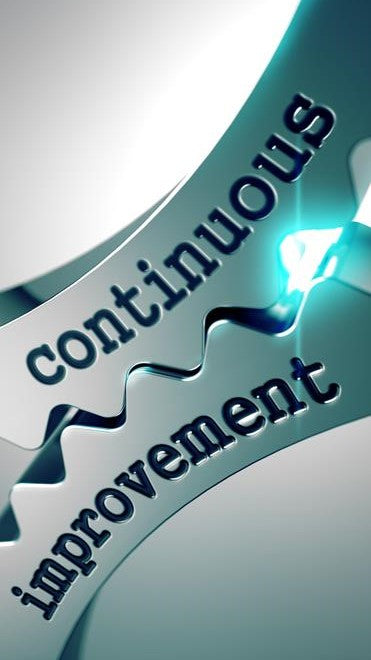Our Services

Procurement Transformations
A Departmental Transformation is an all-encompassing restructuring of your Procurement team, typically consisting of a long-term transition from a tactical approach to a strategic function. It typically includes:
- Strategic Alignment
- Gap Analysis and Road Map development
- Strategic Sourcing
- Category management
- Contract Management
- Supplier Relationship Management (SRM)
A Transformation is long-term and thorough deep dive to restructure the Procurement department

Strategy Development
Each company is unique with different challenges and varying objectives, and we understand very well that this necessitates a custom strategy, a tailor-made implementation model, and robust people management.
- Strategic Alignment: Aligning the Procurement objectives to the organisation's mission, vision, and objectives
- Road Map Development: Developing a long-term road map to structure and focus implementation against the deliverables
- Change Management: Overcoming change resistance, breaking silo mentality, and garnering support for the strategy through stake holder management

Strategic Sourcing
Strategic sourcing is a proactive approach to procurement that focuses on long-term value creation and risk mitigation. Key elements include:
- Rigorous supplier selection processes
- Negotiating favorable terms and conditions
- Fostering collaborative supplier relationships
It aims to optimise costs, enhance quality and reliability of supplies, and align procurement activities with organizational goals for sustainable growth.

Category Management
Category management focuses on strategically managing groups of similar products or services to achieve cost savings and operational efficiencies. Key elements include:
- Conducting thorough market analysis
- Developing tailored sourcing strategies for each category
- Fostering strategic supplier relationships
It aims to drive value by optimising procurement processes, standardising requirements, and aligning category goals with overall business objectives for sustained competitive advantage.

Contract Management
Contract management involves overseeing the lifecycle of supplier contracts to ensure compliance, minimise risks, and maximise value. Key elements include:
- Negotiating favorable terms and conditions
- Monitoring contract performance against agreed-upon metrics
- Facilitating timely renewals or amendments
It aims to mitigate legal and financial risks, optimise supplier relationships, and uphold operational continuity through effective contract oversight and management practices.

Supply Chain Management
Managing the core operations of a business from raw materials through operations to final product is crucial for any entity and can mean the difference between solvency and bankruptcy.
- Supplier Management: Ensuring on-time supply for direct and sub suppliers through milk-run logistics, cross-dock warehouses, and RFID tagging
- Operations: Improving quality, minimising inventories, and managing returns through continuous monitoring of production metrics (PPM, DPM, returns, fill rates, cycle time)
- Customer Satisfaction: Maximising customer value by improving product quality, service delivery, and cost-to-customer through robust metrics

Process Optimisation
Process optimisation involves analysing and streamlining workflows to enhance efficiency and reduce costs. Key elements include:
- Identifying bottlenecks
- Conducting value-stream analysis
- Implementing automation and technology solutions
- Establishing clear metrics for performance monitoring
It aims to maximise resource utilisation, improve cycle times, and elevate overall procurement effectiveness to support organisational objectives.

Production Process Augmentation
Industrial and manufacturing companies face unique challenges which can be addressed with key optimisation principles and methodologies.
- Just-In-Time: Implementing Kanban systems, precise conveyance, and a robust network for streamlined operations
- Kaizen: Deploying a framework to capture and harness continuous improvements
- Jidoka: Building quality into production processes through Poke Yoke devices, Andon systems, and robotic checks and balances
- Heijunka: Developing clear flows and sequencing to achieve production-leveling and enhance asset efficiency
